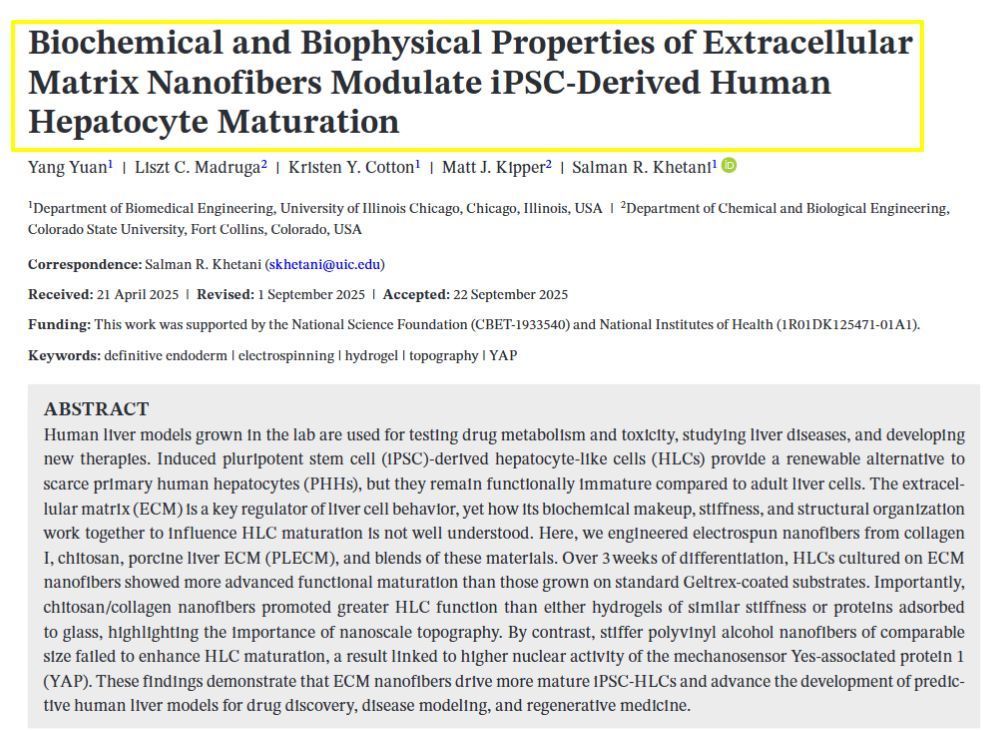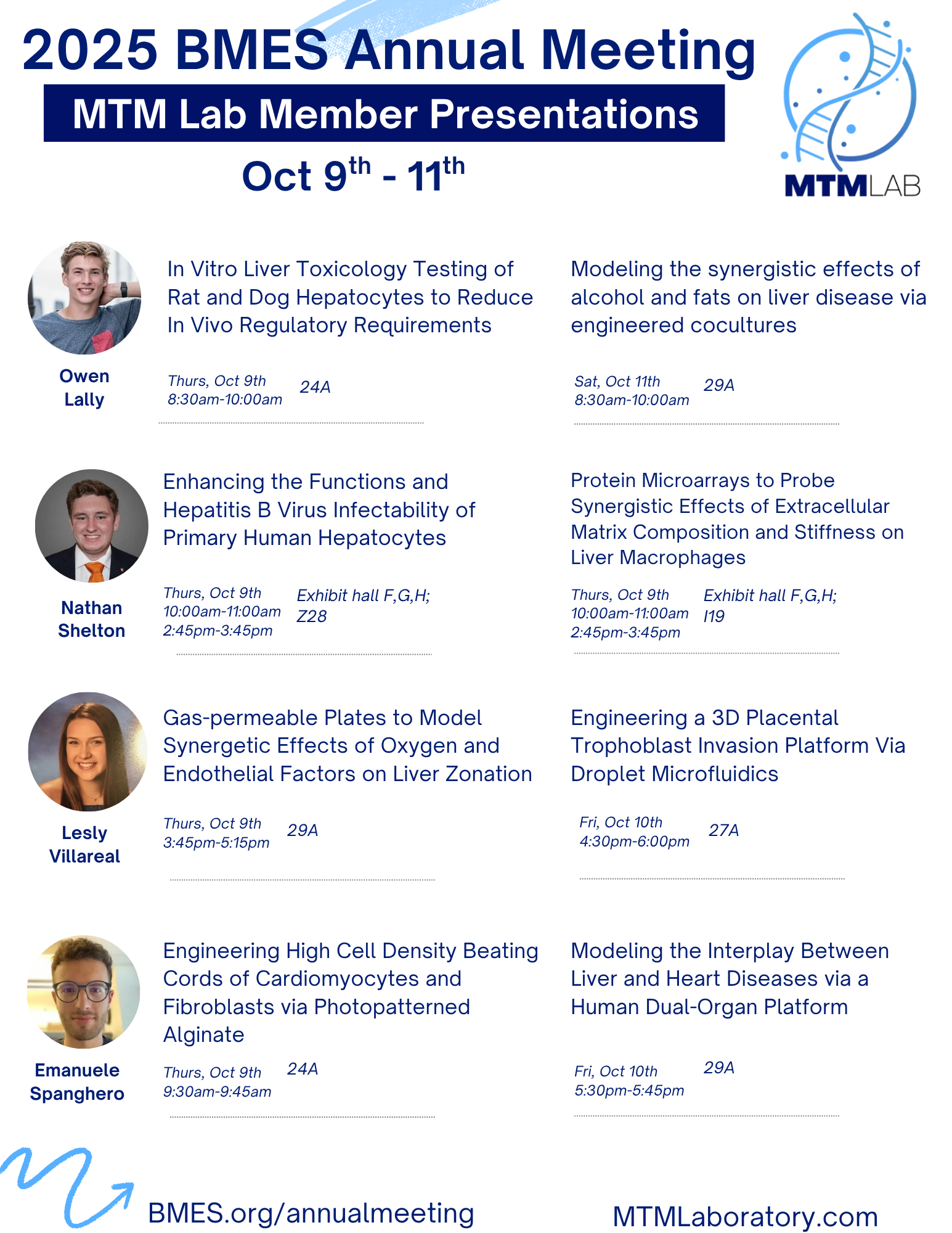MTM Lab's Accomplishments - Driven by Empowering Innovations
The MTM lab has experienced considerable growth over the last several years at the University of Illinois Chicago!
The growth has occurred with significant (> 2 fold) increases in research expenditures, mostly through NIH and NSF grant funding, the numbers of publications and citations, and the number of students being trained in the MTM Lab.
Our alumni have gone on to secure positions/jobs at prestigious universities as graduate or postdoctoral fellows, medical device industry, pharmaceutical/biotech industry, and startup companies.
We are grateful to the University of Illinois Chicago for providing us with ample lab space (almost 3000 square feet) and shared resources to conduct our research, federal funding agencies for supporting our research, and our students/staff and collaborators for their hard-work and dedication in making as much of an impact on human health as possible within the means available to us.
We look forward to many more years of our lab's training of students and research accomplishments.



